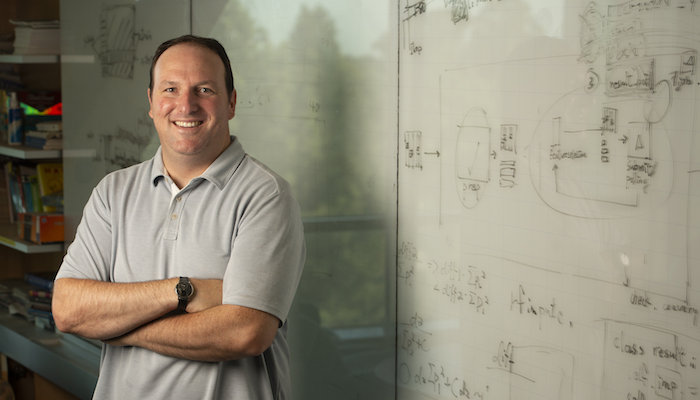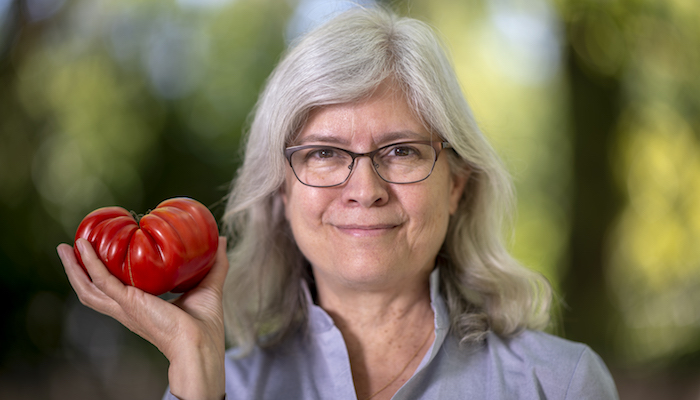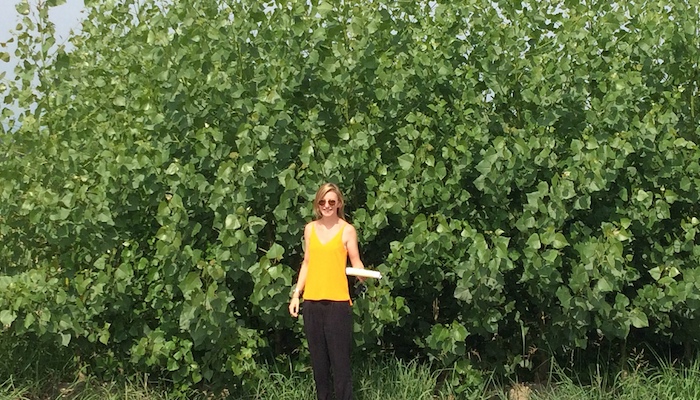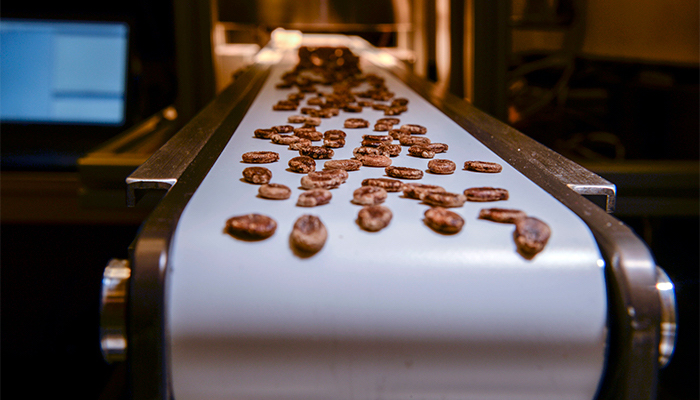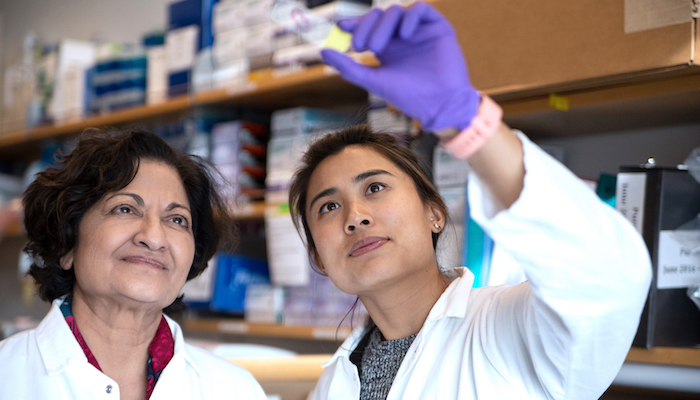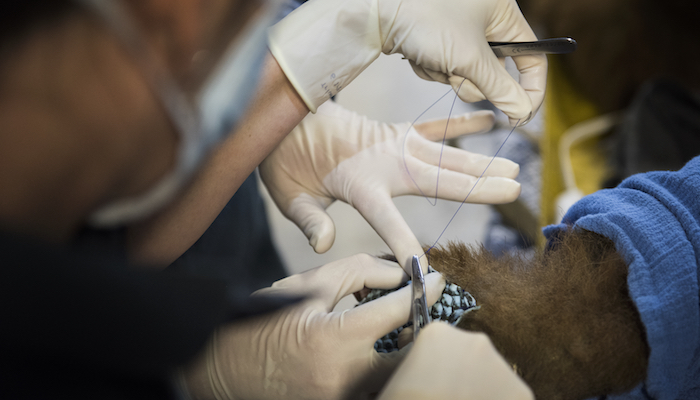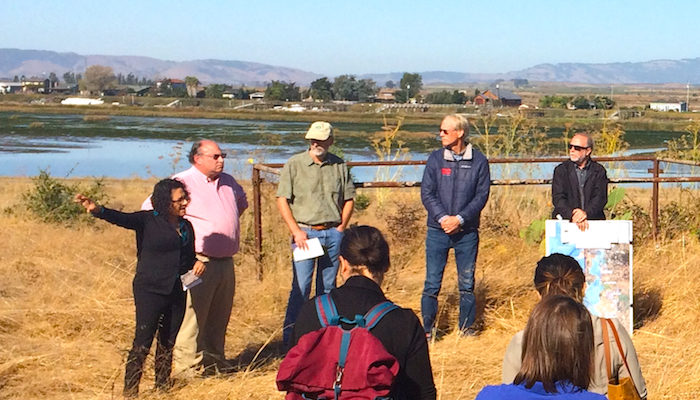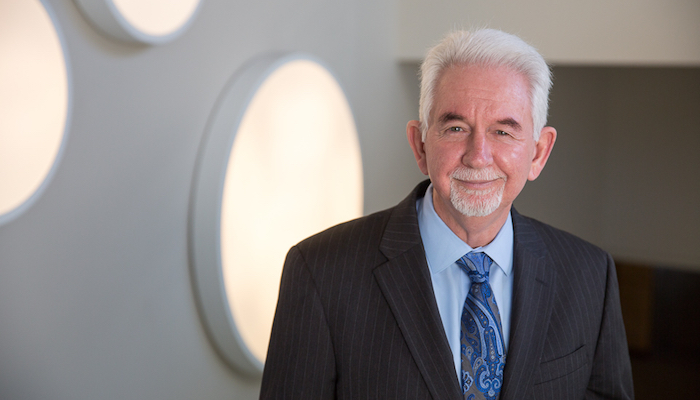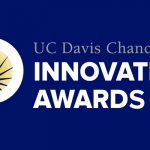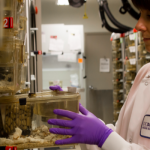University Startup PvP Biologics Acquired by Takeda Pharmaceutical Company
By Lisa Howard
PvP Biologics, a startup formed around technology developed at the University of Washington and the University of California, Davis, announced on February 26 that it has been acquired by Takeda Pharmaceutical Company Limited.
The acquisition comes after the conclusion of a Phase 1 proof-of-mechanism study of an investigational medicine, TAK-062, also known as Kuma062, for the treatment of celiac disease.
For people with celiac disease, ingesting gluten — a protein found in wheat, barley and rye — triggers an inflammatory response that damages the lining of the small intestine. Studies estimate that the disease affects about 1 percent of people in the United States and about 0.5 percent globally. Currently, the only treatment for people with celiac disease is a gluten-free diet.
Justin Siegel, an associate professor of chemistry, biochemistry and molecular medicine at UC Davis, is a co-founder of PvP Biologicsalong with Ingrid Swanson Pultz, chief scientific officerat PvP. Siegel is also the director of the Innovation Institute for Food and Health at UC Davis.
Success Stems from Undergraduate Competition
Siegel and Pultz began working on an enzyme for celiac disease in 2011 when they were each pursuing Ph.D.’s at the University of Washington. That year, they were advisors for an undergraduate team competing at the International Genetically Engineered Machine (iGEM) competition.
The students used the online tool Foldit to create different iterations of a naturally-occurring enzyme called kumamolysin that could withstand the acidity of the stomach and also target a specific amino acid motif repeated throughout the region of gluten thought to trigger celiac disease. The team took the top performers — enzyme variants that were the most effective at breaking down gluten — and combined their traits. Their genetically-modified enzyme ended up winning the grand prize at iGEM.
While most academic projects that make it to a prototype stage are usually left to languish on a laboratory shelf, Pultz and Siegel saw its potential. They formed PvP Biologics at the University of Washington before Siegel left to join the UC Davis faculty in 2012. Pultz became a faculty member at the Institute for Protein Design at the University of Washington and continued to work with Siegel to develop the enzyme in order to bring it to a proof-of-concept phase.
When the enzyme was ready, Pultz and Siegel received help from Tadataka Yamada, chair of the Institute for Protein Design advisory board, who helped PvP Biologics connect directly with pharmaceutical companies. PvP entered into a development and option agreement with Takeda to conduct research and development through the Phase 1 proof-of-mechanism study.
The recently concluded Phase 1 study investigated TAK-062’s safety and tolerability in both healthy volunteers and people with celiac disease. The ability of TAK-062 to degrade ingested gluten was studied in healthy volunteers.
Credit for creating the enzyme is shared — the iGEM team members, Siegel, Pultz and a few others are listed as inventors on the patents. Two of the patents are owned by the University of Washington and one is owned jointly by the University of Washington and UC Davis.
While the completion of a successful Phase 1 clinical trial marks an important milestone in the its development, TAK-062 still has to clear Phase 2 and 3 clinical trials before the FDA will approve its use for the treatment of celiac disease.
“To take this concept from an idea to a product in clinical trials took an incredible team, multi-institutional support, and innovative models for academia-industry partnerships,” said Siegel. “While there is work to be done to help continue supporting these types of initiatives, the success of PvP Biologics shows what is possible when universities build an infrastructure that cultivates innovation.”
Media contacts
- AJ Cheline, UC Office of Research, 530-752-1101, [email protected]
- Justin Siegel, Department of Biochemistry and Molecular Medicine, Department of Chemistry, [email protected]
Resources
- UC Davis Innovation Access
- Brave New Medicine: How an Enzyme Created with Synthetic DNA May Enable the First Treatment for Celiac Disease
- The Siegel Lab
- PvP Biologics
- UC Davis Big Ideas: Food Valley
- Media kit
Latest News & Events

